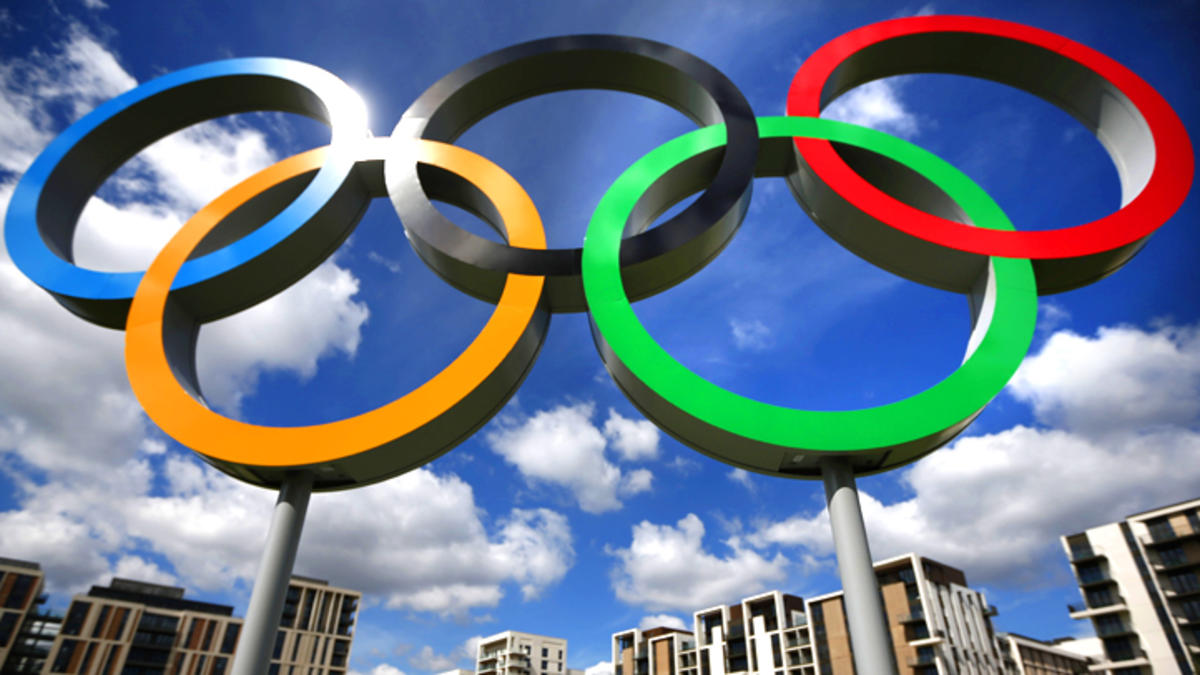Japan considers banning spectators from Tokyo Olympics amid surge in coronavirus cases
Japan is considering banning all spectators from the Olympic Games as concern continues to grow over a surge in coronavirus infections.
Prime Minister Yoshihide Suga said his government will meet with the organisers of the Olympics to decide whether to allow spectators at events.
A decision will come after discussions on Thursday on whether to extend safety measures in Japan to halt the spread of COVID-19 infections.
It comes as a report in the Sankei daily newspaper said a state of emergency could be declared for Tokyo amid the ongoing rise of infections in the capital.
According to the Nikkei newspaper, the state of emergency could remain in place until 22 August.
Medical experts have said for weeks that having no spectators at the Olympics – which officially begins on 23 July and ends on 8 August – would be the safest thing to do amid widespread public concern the Games could fuel a new surge of COVID cases.
Organisers have already banned overseas spectators and set a cap on domestic spectators at 50% of capacity, up to 10,000 people, to try to contain new outbreaks.
The Tokyo organising committee said restrictions on spectators would be based on the content of Japan’s coronavirus situation and other relevant measures.
Shigeru Omi, the government’s top health adviser, told a parliamentary committee on Wednesday it was important to reduce the number of Olympic officials and others attending events as much as possible.
Early July to September was “one of the most important periods” in tackling the coronavirus in Japan, he said.
“We have been saying that it’s preferable that the events be held without spectators,” he added.
Japan has not experienced the kind of explosive COVID-19 outbreaks seen elsewhere, but has had more than 800,000 cases and 14,800 deaths.
Tokyo reported 920 new daily cases on Wednesday, the highest since 13 May.
Preparations for the Games have been shrouded in concerns about the impact of COVID-19 as authorities have struggled to stamp out persistent clusters of infections, particularly in and around Tokyo.



